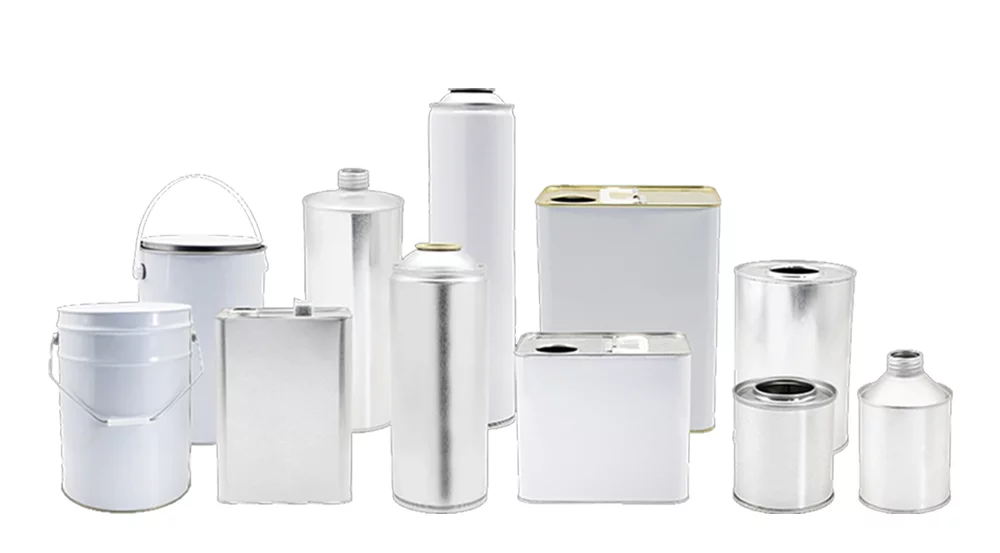If you’re driving along and suddenly your check engine light comes on, your heart might skip a beat. One of the questions that may pop into your mind is:
“Could this be because I’m overdue for an oil change?”
As a car owner, this is a very real concern—especially if you’ve stretched that last oil change by a few hundred (or thousand) miles. В этой статье, I’ll walk you through why an overdue oil change can cause the check engine light to come on, what other problems it may trigger, and how to avoid serious engine damage. I’ll also explain what to do if you’re already in this situation.
Understanding the Check Engine Light
The check engine light is part of your car’s onboard diagnostics system (OBD-II). When it comes on, it means the engine computer has detected something wrong. This could be anything from a loose gas cap to engine misfires—or yes, issues related to overdue oil changes.
Can an Overdue Oil Change Trigger the Check Engine Light?
Да, it can.
While it’s not always the direct cause, old or degraded engine oil can indirectly cause several conditions that lead to the check engine light turning on. Here’s how:
| Issue | How It Happens with Old Oil | Possible Engine Light Codes (Examples) |
|---|---|---|
| Low oil pressure | Thick, degraded oil struggles to flow, lowering pressure | P0520, P0521 |
| Dirty oil causing sludge | Sludge buildup clogs oil passages or the oil control valve | P0011, P0014 (Camshaft Position Timing) |
| VVT issues | Variable Valve Timing systems need clean oil to function | P0021, P000A |
| Oil sensor failure | Sensors may detect incorrect oil data due to sludgy oil | P0522 (Low oil pressure sensor input) |
| Overheating | Lack of lubrication increases friction and heat | No specific code, but triggers P codes related to misfires or temp sensors |
Real-Life Symptoms You Might Notice
When the oil is overdue for a change, your car may not just show a check engine light—it may start behaving differently. Some common symptoms include:
-
Engine knocking or ticking sounds
-
Rough idling or sluggish acceleration
-
Noticeable drop in fuel economy
-
Burning oil smell or smoke from engine
-
Higher engine temperature
If you notice any of these alongside a check engine light, an oil change should be your first action step—before assuming bigger problems.
Why Delaying an Oil Change Is Risky
From a user’s perspective, it’s easy to think:
“My car still drives fine. I’ll change the oil next week.”
But the longer you wait, the more risk you take. Here’s why delaying oil changes can lead to bigger, more expensive problems:
| Risk | Long-Term Consequence |
|---|---|
| Friction and overheating | Permanent engine wear or failure |
| Sludge buildup | Blocked oil passages, affecting VVT or camshaft |
| Lower fuel economy | Higher operating costs over time |
| Sensor damage | False readings that can mislead repairs |
| Engine seizure | Worst-case scenario—your engine locks up completely |
What to Do if Your Check Engine Light Is On and Oil Is Overdue
Step-by-Step Actions:
-
Check your oil level and condition
-
Pull the dipstick. Is the oil dark, gritty, or below the minimum level?
-
-
Get an oil change immediately
-
Even if it doesn’t fix the check engine light, it’s the cheapest and most obvious fix.
-
-
Scan the error code
-
Use an OBD-II scanner or go to AutoZone or a local mechanic to get the code for free.
-
-
Clear the code and observe
-
After the oil change, some codes clear themselves. Others may need manual clearing.
-
-
Monitor performance
-
If the light comes back, deeper diagnostics may be needed, possibly involving VVT or camshaft systems.
-
How to Prevent This in the Future
-
Stick to your oil change schedule (usually every 5,000–7,500 miles for synthetic)
-
Use high-quality oil recommended for your vehicle
-
Keep service records and reset your oil change reminder
-
Listen to your car: ticking, knocking, overheating—these are early warnings
Часто задаваемые вопросы
1. How long is too long to go without an oil change?
Most cars can go 5,000–7,500 miles with synthetic oil, but exceeding this puts your engine at risk. Beyond 10,000 miles without a change can cause serious problems.
2. Will changing the oil turn off the check engine light?
It might. If the issue was due to oil quality, low oil pressure, or VVT malfunction, a fresh oil change may resolve it. Otherwise, the code may need to be cleared or additional repairs done.
3. Is it safe to drive with the check engine light on?
If it’s solid (not flashing), you can drive short distances, but don’t ignore it. A flashing light means stop driving immediately—it signals a critical engine issue.
4. Can low oil alone cause the check engine light?
Да. Some newer engines are sensitive to oil pressure or oil sensor readings. If levels are low, it can trigger a code.
5. Can I reset the check engine light myself?
Да, with an OBD-II scanner. But if the underlying issue isn’t resolved, it’ll likely come back on.
Final Thoughts
Да, something as basic as an overdue oil change can absolutely cause the check engine light to turn on. While not always the culprit, it’s one of the easiest and most cost-effective issues to check and fix first.
Don’t ignore your oil change schedule—it’s not just about protecting your oil, it’s about preserving your entire engine.
If your check engine light is on and you’ve delayed that oil change… now’s the time to take action. Your engine (and wallet) will thank you later.






















